Unitive Education
Emerging Vision for UJEd
(Unitive Justice in Education)
Conveners: Tami Sober and Sylvia Clute Tami is an Asst. Prof. in VCU’s School of Ed. She has 25 years of experience as a teacher, teacher advocate and a teacher educator. Sylvia, a former trial attorney, has spent 33 years developing Unitive Justice theory. She has taught Restorative Justice using UJ principles (now called UJEd) at VCU from 2016-2020 and at VUU 2015 – 2019. Tami and Sylvia first taught UJEd together in the 2020 Summer Learning Institute at VCU. Their complimentary experience and skills are perfectly aligned for leading the emerging vision of UJEd.
Why do we need UJEd? Because too often our schools have adopted and mirror the punitive systems of society at large. Examples include: (a) standardized testing policies that mire educators in moral dilemmas over their punitive impact on marginalized youth, leading to cheating in reporting students’ test scores; (b) school funding policies that unfairly distribute tax dollars leaving our poorest schools severely under resourced; (c) racism that manifests through discipline policies disproportionately impacting students of color; (d) school zoning policies that perpetuate school segregation; and (e) accountability policies that give rise to school cultures of fear, with administrators bullying teachers, teachers bullying students, and students mimicking these same behaviors. These are all windows into how punitive school systems operate and opportunities for UJEd to create school culture change.
The goal of UJEd is a school culture and learning environment that upholds the dignity of all students, their families, teachers, administrators and support staff. It fosters and encourages a shared vision of a school culture that is grounded in Lovingkindness. Among the values that are modeled in a unitive school culture are self-governance, connection, insight, inclusion, honesty, trust, synergy and Love.
UJEd uses Unitive Justice processes to address misconduct (by students or adults) by getting at the root cause, by supporting those in conflict in recognizing their shared humanity, and by helping them discover mutually beneficial solutions in which no one has to lose. Misconduct is most often a reflection of separation; UJEd sees the solution to separation as connection. Healthy, trusting relationships are a key element in UJEd—genuine connection can diminish the need for punishment.
But UJEd is not only about conflict resolution--the adults use resources in ways that benefit the school community. Success is measured by measurable student academic progress based on established standards and improved social-emotional learning that is reflected in daily interactions. Adults model professional standards and ethics by making a positive cultural contribution to their school, the local school district, and their profession.
The road to success begins with the school administration modeling the values of a unitive system (this may require unlearning past patterns and old habits). The tone set by the principals becomes infectious. When teachers feel appreciated and heard and have input on how to best meet their students’ needs, their job satisfaction increases and they become more invested in their students. This creates synergy in the classroom and leads directly to motivation and increased learning. When students feel appreciated and heard, discipline problems decrease, which enhances the learning atmosphere. When students are successful at school, parents tend to be happy and cooperative. In this way, UJEd encompasses and impacts the whole community.
